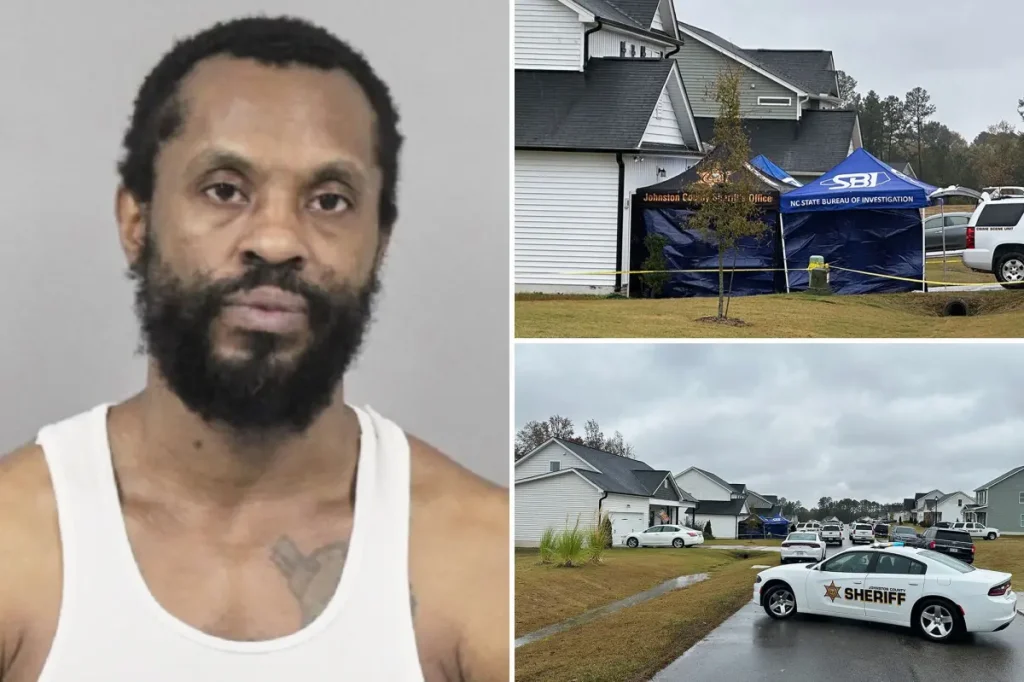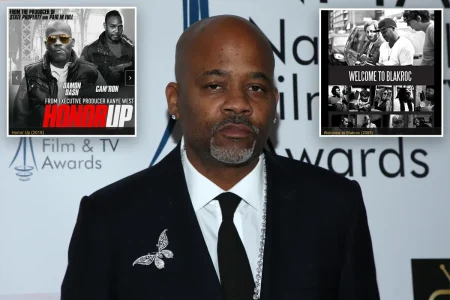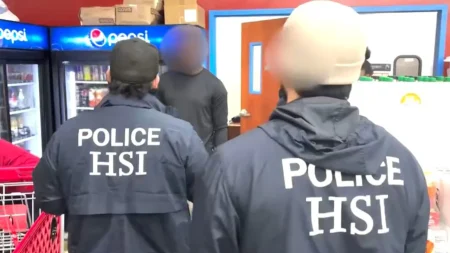Tragedy in North Carolina: Father Charged with Murder of Four Children
In a heart-wrenching case that has shocked a quiet North Carolina community, 38-year-old Wellington Delano Dickens III faces first-degree murder charges after allegedly killing four of his children in their Zebulon home. The devastating events came to light when Dickens himself called 911 on Tuesday evening, confessing to authorities what he had done. When deputies arrived at approximately 10 p.m., they were directed to the garage, where they made the grim discovery of multiple bodies inside the trunk of a Honda sedan. The victims were identified as Dickens’ biological children—6-year-old Leah, 9-year-old Zoe, and 10-year-old Wellington—along with his 18-year-old stepchild, Sean Brassfield. In a small mercy amid the tragedy, investigators found Dickens’ 3-year-old son alive and unharmed inside the home, now the sole survivor of what was once a family of seven.
The circumstances surrounding this tragedy appear to have deep roots in recent family trauma. Court records indicate authorities believe the children have been deceased since May 1, suggesting their bodies had been concealed in the vehicle for an extended period before Dickens made his confession. This horrific event follows closely on the heels of profound loss within the family. Dickens’ wife, Stephanie Rae Jones Dickens, reportedly “passed away suddenly” in April 2024, leaving her husband to care for their five children alone. This death came approximately a year after Dickens’ father was killed in a box-truck collision, creating a pattern of compounding grief that may have contributed to the deterioration of Dickens’ mental state. Following these losses, neighbors observed that Dickens became increasingly reclusive, withdrawing from the community that had initially reached out with support after his wife’s passing.
Family members and neighbors have expressed both shock and retrospective concern about Dickens’ well-being. Charles Moore, Dickens’ great-uncle, told local media that while his great-nephew “seemed fine” when he last saw him about a year ago, he acknowledged that Dickens had experienced difficulties since returning from military service in Iraq. “We know he had a little problem,” Moore explained. “He was in the service, and he had a problem ever since he came back, I think.” This suggests possible unaddressed trauma or mental health issues stemming from Dickens’ military experience, though no official connection has been established between his service and the alleged crimes. The community’s response reflects the cognitive dissonance that often accompanies such tragedies—the struggle to reconcile the person they thought they knew with the unthinkable acts now attributed to him.
The neighborhood’s reaction combines disbelief with retrospective analysis of warning signs that might have been missed. Debra Riley, who lives next door to the Dickens family, expressed heartbreak for the children, especially the surviving 3-year-old “who has no parents or siblings left.” Another neighbor, Fran Majkowski, noted that while she had no personal relationship with the family, something about their behavior had always seemed unusual. “I never saw a child outside playing. I never saw him mowing a lawn,” she reflected. “The only time I ever saw them was the day they moved in… you just get the feeling someone is to themselves.” Despite these observations, neighbors describe a community that had rallied around Dickens following his wife’s death, with “an outpouring of support” that makes the subsequent events all the more difficult to comprehend. Riley added that it was after his wife’s passing that Dickens “started keeping to himself” more noticeably.
The broader context of this case touches on several critical social issues, including mental health support for veterans, the challenges of single parenthood following spousal death, and the isolation that can accompany grief. While Dickens’ military background and the recent losses he experienced don’t explain or excuse the alleged murders, they point to potential intervention points where different support systems might have made a difference. Veterans’ advocates have long highlighted the need for comprehensive mental health services for returning service members, particularly those who may have experienced combat trauma. Similarly, social services for bereaved parents and children often fall short of addressing the complex emotional and practical challenges faced by families who have lost a spouse and parent.
The legal process has only just begun for Dickens, who is currently being held without bond at the Johnston County Jail. If convicted of first-degree murder, he faces severe consequences—either life imprisonment without the possibility of parole or potentially the death penalty. As the case proceeds through the courts, the surviving 3-year-old faces an uncertain future, having lost his entire immediate family in a sequence of tragic events. Meanwhile, the community of Zebulon must grapple with the aftermath of violence that occurred in their midst, questioning what signs they might have missed and how similar tragedies might be prevented in the future. This case, like too many others involving family violence, leaves more questions than answers about the human capacity for both suffering and inflicting harm, and the societal responsibility to recognize and respond to the warning signs of escalating crisis.









